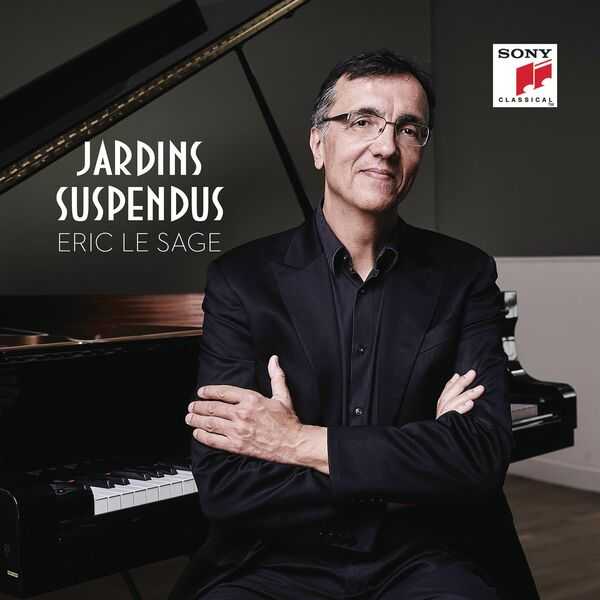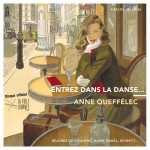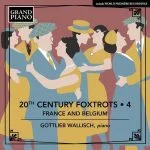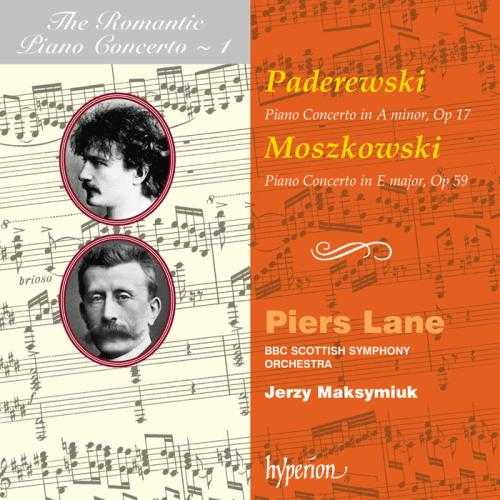

Composer: Gabriel Dupont, Jean Cras, Lili Boulanger, Jacques Ibert, Camille Saint-Saëns, Vincent d’Indy, Louis Vierne, Gabriel Pierné, Louis Aubert, Reynaldo Hahn, Erik Satie, Germaine Tailleferre, Gustave Samazeuilh, Florent Schmitt, Cécile Chaminade, Arthur Honegger, Ernest Chausson, Francis Poulenc, Jehan Alain, Déodat De Séverac, Nadia Boulanger, César Franck
Performer: Eric Le Sage
Format: FLAC (tracks)
Label: Spny
Release: 2022
Size: 1.12 GB
Recovery: +3%
Scan: yes
01. Dupont – Les Heures dolentes: V. Après-midi de dimanche
02. Cras – Paysages: I. Maritime
03. Boulanger – Trois morceaux pour piano : I. D’un vieux jardin
04. Hahn – Le rossignol éperdu: No. 52, Hivernale
05. Satie – Gnossienne No. 2
06. Ibert – Matin sur l’eau
07. Saint-Saëns – Valse nonchalante in D-Flat Major, Op. 110
08. d’Indy – Tableaux de voyage, Op. 33: IV. Lac vert
09. Vierne – Deux pièces pour piano, Op. 7: II. Impression d’Automne
10. Pierné – 15 Pièces, Op. 3: VI. Prélude
11. Aubert – 3 Esquisses, Op.7: II. Nocturne
12. Dupont – La maison dans les dunes: IX. Clair d’étoiles
13. Hahn – Premières valses: V. À l’ombre rêveuse de Chopin
14. Satie – Gnossienne No. 1
15. Tailleferre – Deux valses pour deux pianos: I. Valse lente
16. Samazeuilh – Le chant de la mer: I. Prélude
17. Schmitt – Musiques intimes, Book 1, Op. 16: I. Doux et calme
18. Chaminade – 6 Romances sans paroles, Op. 76: I. Souvenance
19. Honegger – Souvenir de Chopin
20. Chausson – Paysage, Op.38
21. Poulenc – Valse des musiques de soie
22. Alain – Suite facile: II. Comme une barcarolle
23. Séverac – En vacances, Book 1, No. 7: Valse Romantique
24. Satie – Gnossienne No. 3
25. Boulanger – Vers la vie nouvelle
26. Franck – Prélude, fugue et variation, Op. 18: I. Prélude
25 piano miniatures composed by 23 French composers between 1860 and 1946.
Eric Le Sage is recognised as the representative of the French piano school, generally known for its very soft sound, its true sense of structure and poetic phrasing. When he was 20 years old, the Financial Times described him as “an extremely cultivated disciple of the great French piano tradition of Schumann”. In 2010, Die Zeit praised his “ideal aesthetics and clarity of the French piano”. Born in 1964 in Aix en Provence, Eric Le Sage won important international competitions such as the Porto Competition in 1985 and the Robert Schumann Competition in Zwickau in 1989. He also won the Leeds International Competition that same year, which enabled him to perform under the baton of Sir Simon Rattle. Eric has given recitals and chamber music concerts in major venues around the world such as Wigmore Hall, Carnegie Hall, Paris Philharmonie, Salzburg Mozarteum, Taipei National Concert Hall, Konzerthaus Vienna, Berlin Philharmonie, and often performs as guest soloist with top orchestras such as the Los Angeles Philharmonic, Philadelphia Orchestra, Toronto Symphony Orchestra, Berlin’s Konzerthaus Orchester, NHK Symphony Orchestra, Tokyo Metropolitan Orchestra and with conductors such as Edo de Waart, Pablo Gonzalez, Sir Jeffrey Tate, Alexander Liebreich, Kazuki Yamada, Michael Stern, Sir Simon Rattle or Yannick Nézet-Seguin. Most of Eric Le Sage’s recordings with RCA-BMG, Naïve, EMI and Alpha were widely acclaimed and awarded the most prestigious prizes in France.
Between the Belle Epoque and the “Roaring Twenties”, around two world wars that had to be healed, in the vertigo of all revivals and the march of progress, music needed calm, humanity and natural intimacy. While electricity, the gramophone, the bicycle and the Parisian metro were being introduced into people’s daily lives, while women were emancipating themselves after having sustained the country during the Great War, 24 French composers were cultivating their secret spirit in various piano miniatures. At that time, the musicians’ music was evolving, without expressing the same urgency of fracture and liberation as that of other creative artists, then influenced by new currents such as Dadaism and Surrealism. His compositions were already surreal and free, suspended out of time like hanging musical gardens and apparently less concerned with expression than with impression, with ideas than with feelings. Between César Franck, Ernest Chausson and Jehan Alain, all three included in a single century, the composers who have suspended their gardens on this disc have almost all lived between the 19th and 20th centuries. Dupont, Cras, Aubert, D’Indy, Hahn, Ibert, Pierné, Vierne, Samazeuilh, Schmitt, Chaminade, Boulanger, Honegger, Tailleferre, Séverac, Saint-Saëns, Poulenc, Satie… They all represent a particularly prolific period for French music, even if posterity is not offered to each of them to the extent of their talent. Their hanging gardens, often secret, always interior, are certainly not representative of all the artistic ambitions that their protagonists displayed in their works, but they present themselves, with depth and sincerity, as small, little-known refuges.
Skilfully evoking nature and bucolic landscapes, each one proposes his own reading of a colourful post-romanticism, stopping time and adding the necessary touches of mystery and nostalgia.



